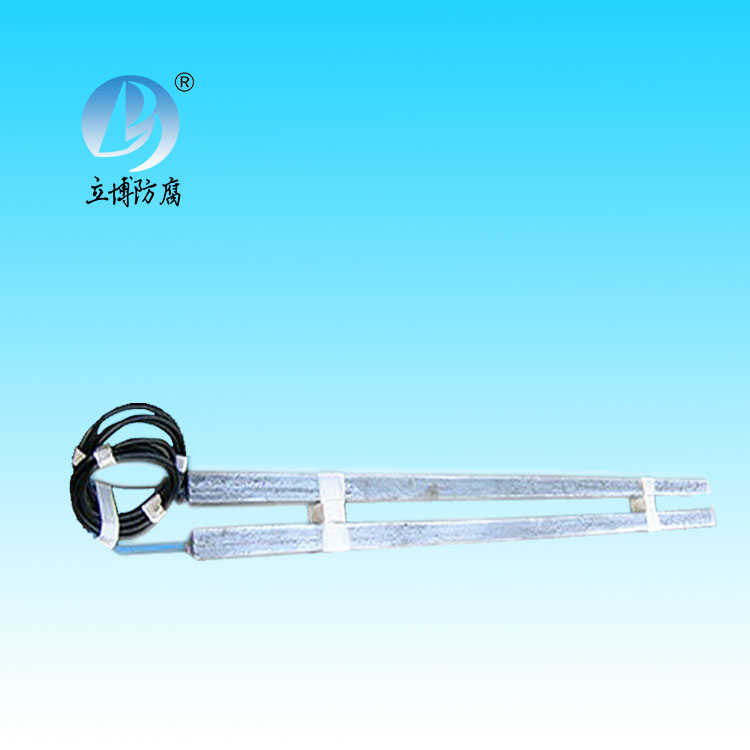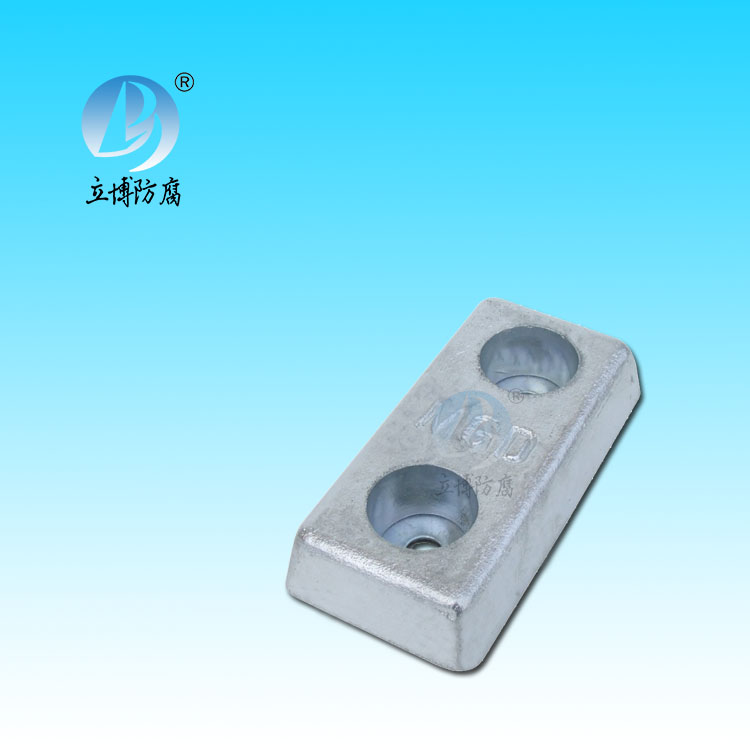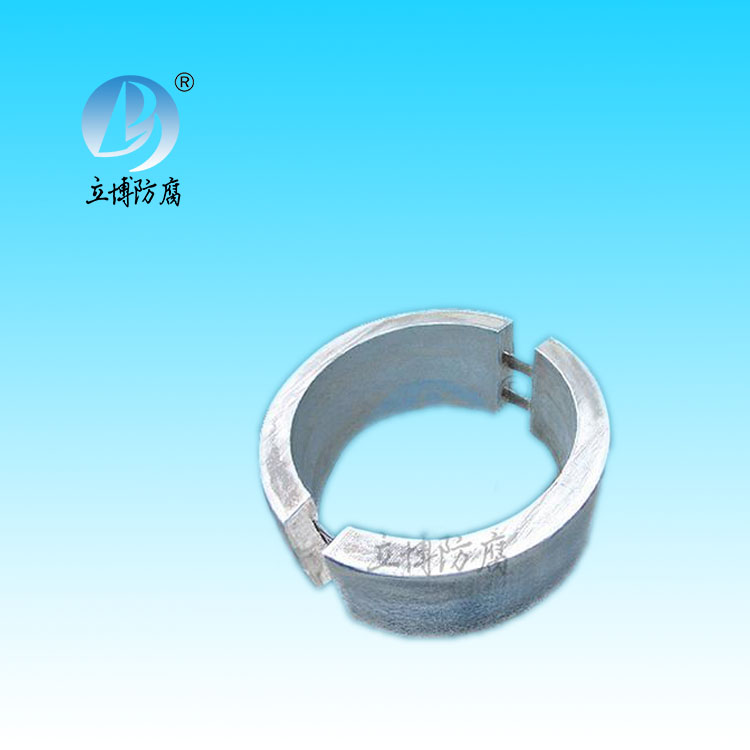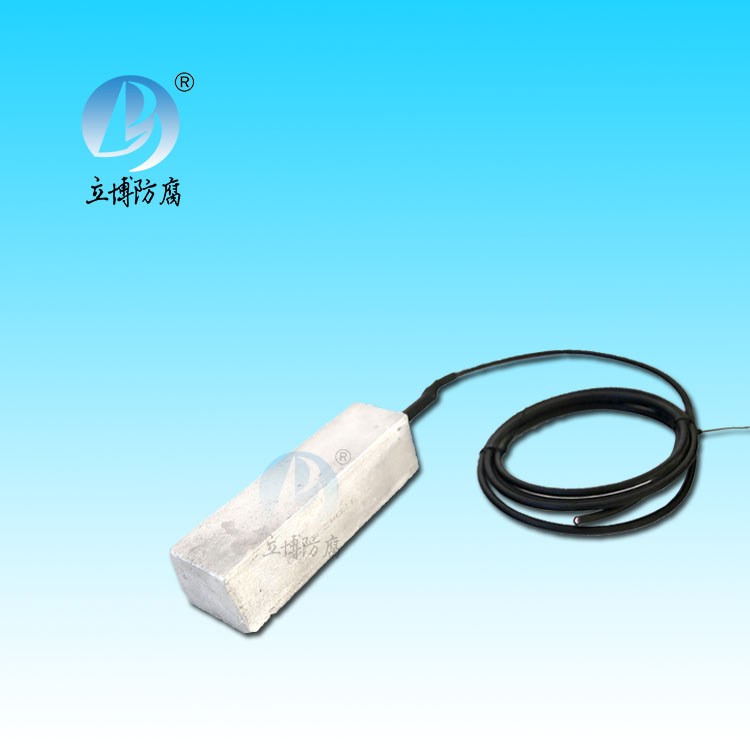News
News
- What is a sacrificial anode
- Basic requirements for reference...
- What does the reference electrode do...
- Why are zinc blocks attached to the ...
- What is the principle of impressed...
- What material does metal structure...
Contact
Phone:18739187123
hotline:0391-7588881
E-mail:970512272@qq.com
Address:Wuzhi County, Jiaozuo City, China
Q & A
Why corrosion inhibitors can slow down the corrosion of pipe wall
- Author:Libo
- Source:wphotodu.cn
- Date:2021-08-12
- Click:0

The cleanliness of oil tank affects the quality of oil, untreated oil tank, there will be pipeline blockage, scaling, corrosion, low quality oil, such as oil tank leakage due to corrosion, crude oil pollution, etc.
The service life of the oil storage tank is generally long. After a period of time, the impurities in the crude oil will be deposited on the tank bottom and the tank wall, leading to the reduction of the effective capacity of the oil tank and affecting the efficiency of the oil tank. Long-term use of oil tank will produce corrosion and leakage, if the oil tank inspection is neglected, it will bring us serious safety risks, threatening the safety of the surrounding environment and the oil tank area. Therefore, regular inspection and maintenance to keep the tank safe and clean is essential:
1, protect equipment, extend the service life: can rust and rust prevention, avoid corrosion damage of equipment, especially after preventive treatment, so that the service life of equipment is extended, the corrosion rate can be reduced by 90% after the investment of corrosion inhibitor.
2. Keep the inside of the oil tank clean and reduce the pollution of oil products: metal and rust can induce the oxidation deterioration of oil products. The catalytic effect of metal on oil oxidation can be avoided by coating the inner wall of oil tank with antirust layer. There are a lot of minerals, clay, paraffin, bacteria and other impurities in the crude oil. These fine rust and impurities accumulate over time and adhere to the bottom and inner wall of the storage tank, which can not be cleaned up, resulting in blockage, corrosion and leakage of the tank. The residue at the bottom of the gasoline storage tank is mainly rust. When the oil tank is unloaded, the sediment at the bottom of the tank will be appeared. The powdered rust will dissolve into the oil, and add such oil, which is very harmful to the vehicle itself. Regular cleaning of storage tanks and applying anti-corrosion coating on the inner wall are effective measures to solve metal oxidation and rust and slow down the deterioration of oil products.
3. Reduce accidents and improve refrigeration effect: it can sterilize algae and remove sludge, make pipelines unblocked and oil clear, prevent scale at the same time, improve the heat exchange efficiency of condenser and evaporator, so as to avoid the phenomenon of high pressure operation and overpressure shutdown, improve the quality of oil, and make the system run safely and efficiently.
4, water oil pollution caused by the oxidation of colloid and corrosion is serious, the moisture in oil to do most is in the process of transportation, loading and unloading, and storage in the oil storage for a long time to also can precipitate dissolve in oil into the water, accumulated for a long time will appear in the bottom of the tank of the acidic water, moisture can corrode parts in oil is described; The presence of water will make some additives such as detergent dispersant, antioxidant, anti-knock agent decomposition and precipitation, make it ineffective; When there is water, the oxidation rate of oil is accelerated, and the natural quantity of gelatin is also increased. In addition, the acidic water layer deposited at the bottom of the tank will accelerate the corrosion of the tank, resulting in thinning of the tank wall and even leakage.
5, prevent oil mixing or container pollution deterioration: different properties of oil can not be mixed, otherwise it will make oil quality decline, serious will make oil deterioration. In particular, a variety of high-grade lubricating oil, containing a variety of special effects of additives, when the oil with different system additives mixed, it will affect its performance, and even make the additives precipitate deterioration. Lubricating oil mixed with light oil, will reduce the flash point and viscosity; Food machinery grease mixed with other lubricating grease, will cause food pollution; Mixing solvent oil with motor gasoline can increase toxicity.
Therefore, in order to prevent the mixing or pollution of various oil products, the following measures should be taken: In order to prevent bulk product in unloading ShuZhuan, filling and delivery, every kind of happened in the process of pollution, should according to the different properties of oil products, each pipeline, oil pump group is special, different properties of oil products, don't mix, such as when he has to mix to cleaning the pipeline residual oil, in the lowest position of the pipeline using vacuum pump to extract more oil or filtered compressed air cleaning, conditional also used steam cleaning, Then rinse with the oil to be transported for several minutes, release the oil head, and check to confirm that it can be used after cleaning. Oil drum, tank car, tank, tanker and other containers converted to other oil products, should be scrub, dry. Filling of the same type of oil with the original container, the container meets the requirements, can be repeated filling, to ensure the quality of oil. With used cans, oil tank, oil tank truck, oil filling in high-grade lubricating oil, must be special scrub, with solvents or suitable gasoline scrub, steam purging when necessary, request to the impurities, moisture content, oil dirties and fiber, and no obvious rust, not present scale, rust, slag and black oil, side load.
6. Check the bottom condition of the storage tank regularly and ensure the safety of cleaning: the longer the storage time of the oil, the more sediment produced by oxidation, and the more serious the impact on the quality of the oil. Therefore, the bottom of the tank must be checked once a year to determine whether it needs to be cleaned. The cleaning cycle of various oil tanks is required: light oil and lubricating oil storage tanks are cleaned once every three years; Heavy diesel tanks are cleaned every 2.5 years. At the same time, once the metal of the oil tank corrodes and perforates, there will be a large number of oil leakage, resulting in economic waste and environmental damage, and even cause fire. Therefore, the bottom of the tank must be checked once a year to determine whether it needs to be cleaned. Oil storage related requirements of various oil tank cleaning cycle is: crude oil five to eight years to clean once; Light oil and lubricating oil storage tanks are cleaned once every three years; Heavy diesel tanks are cleaned every two years. Regular cleaning and inspection of the oil storage tank can not only ensure that the oil is not contaminated, but also allow you to have a correct grasp of the health status of the oil tank to avoid greater safety risks. In short, tank cleaning is of great significance to avoid tank accidents.








 客服QQ
客服QQ